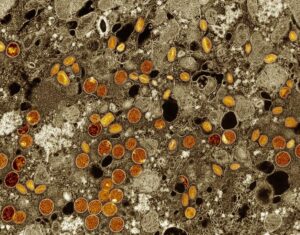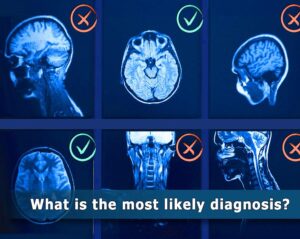“Considering the increasing burden related to cardiovascular disease [CVD] in the aging population, advanced age should not serve as a deterrent for potential patients seeking the benefits of statin therapy, based on our study finding,” says research author Wendy Xu, PhD, postgraduate student with the department of family medicine and primary care at the University of Hong Kong.
Findings Suggest Statin Users Live Longer
Drawing on records from the Hong Kong Health Authority, Dr. Xu and her colleagues analyzed data on close to 43,000 individuals who started statins between the ages of 75 and 84. Over an average follow-up of about five years, almost 10,000 developed heart disease. Of the 5,390 in the 85 and older group, 1,600 were eventually diagnosed with heart disease. Study authors matched these outcomes with persons who did not take statins.
In addition to indicating a reduction in heart disease risk, the findings also show that those taking statins were more likely to live to an older age. Over the five-year follow-up, mortality risk for statin users dropped by about 1.4 percent for those 75 to 84 and by up to almost 7 percent for those 85 and older.
“The substantial reduction in CVD risk in the very-old age group was surprising but supported our hypothesis regarding the benefits of statin therapy for old and very-old adults,” says Xu.
Researchers Are Weighing Statin Benefits Versus Risks
Although the elderly may be more susceptible to muscle and liver damage from statin use, results indicate that statins did not increase that risk.
“As people age, they are at higher risk for heart disease but can also become more vulnerable to side effects and complications of treatment,” says Larry Allen, MD, chair of the American Heart Association’s Council on Clinical Cardiology and chief of the division of cardiology at the University of Colorado School of Medicine in Aurora.
“This study gives reassurance that it is relatively safe to take a statin even at an advanced age,” adds Dr. Allen, who was not involved in the study.
More Statin Studies Are in the Works
While this new report is backed by extensive data, it is limited in that the results are based on electronic records and not information collected during clinical trials, according to Mark Supiano, MD, a geriatrician with the University of Utah in Salt Lake City.
“While this report is supportive of other studies that have made the same suggestion, it’s not definitive enough evidence to be able to change a clinical guideline that would make it a recommendation to start statins in this age group,” says Dr. Supiano, who was not involved in this study.
A large new ongoing clinical investigation may change that. Supiano, who serves on the committee for a major clinical trial called PREVENTABLE (Pragmatic Evaluation of Events and Benefits of Lipid-Lowering in Older Adults), says that the program is currently enrolling 20,000 people to examine the overall benefits and risks of statins in adults 75 and older without heart disease, including risks related to dementia.
Research author Xu points out that one limitation of her study is that it did not measure factors such as diet, physical activity, and genetics — elements which may be better addressed in a clinical trial like PREVENTABLE.
“Further studies can better inform the benefits of statins in the elderly,” says Xu. “Considering the increasing burden related to cardiovascular disease in the aging population, however, we would like to send a message that advanced age should not serve as a deterrent for potential patients seeking the benefits of statin therapy.”













Post Comment